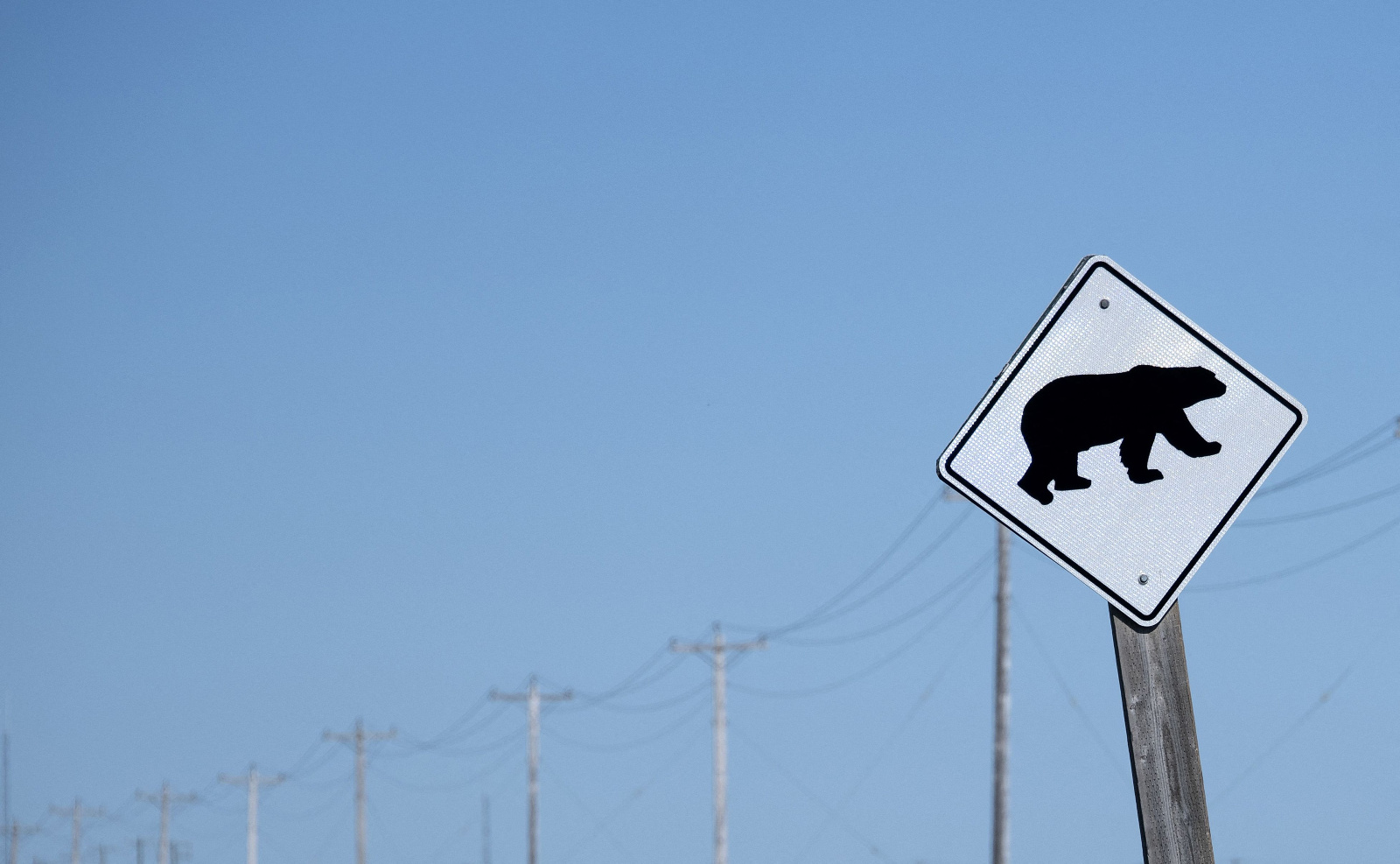Common wisdom says that the average person doesn’t care about climate change because they think its effects will unfold in the far-off future or in faraway places. So to get them to do something, you have to make those effects — the floods, the heat, the fires — feel immediate and personal. This point is repeated ad infinitum in tips about how to talk about the climate crisis, in books, articles, and guides for public officials.
While this approach feels right, its success has been “vastly overestimated,” according to a study published in the journal One Earth on Friday. Researchers in the Netherlands surveyed 30 studies to see if emphasizing climate change as a pressing, localized problem would motivate people to support environmental policies, donate to environmental organizations, or switch to lower-carbon practices like cutting down on driving. More than 80 percent of these studies failed to find evidence that the strategy worked.
One problem? The tactic’s premise is misplaced: According to international polls, most people already believe they’re seeing the results of climate change where they live, or at least will soon.
Spreading messages that say the opposite — that people think of it as a distant threat — could backfire, said Anne van Valkengoed, a coauthor of the paper and a postdoctoral researcher studying environmental psychology at the University of Groningen. If people think that other people think it isn’t a pressing problem, they may be less likely to take action themselves, whether that’s putting solar panels on their home or calling up their elected representatives. It’s simply a matter of fitting in.
Public discussions about climate change can be a minefield of misperceptions. Ambitious, supposedly controversial proposals to take on climate change have widespread support, yet previous research has shown that Americans dramatically underestimate the popularity of such policies. They imagine that only a minority of people favor a carbon tax or a Green New Deal, when it’s really the vast majority.
The myth that most people imagine global warming as a distant concern “could be one explanation of why people tend to underestimate other people’s climate change perceptions,” van Valkengoed said. If action is seen as unpopular, it could dampen organizing as well as politicians’ willingness to pass legislation to tackle emissions.
The new study is the first to evaluate how “psychological distance” — the idea that climate change feels far away in time and space — is being discussed outside academia. It turns out that the belief that the average person is plagued with “psychological distance” has become entrenched. Only 6 percent of guides advising people to talk about the local impacts of climate change — written for scientists, government workers, health experts, transportation workers, and even astronauts — mentioned that the strategy wasn’t backed by solid evidence, according to the new study.
A handbook for public engagement for members of the Intergovernmental Panel on Climate Change, the world’s leading group of climate experts convened by the United Nations, says that people see global warming as “distant from their day-to-day experiences,” sometimes dismissing it “as a problem that only matters at some point in the future for people who live far away.”
The evidence suggests most people don’t need to be persuaded. “People actually think climate change is happening now, and they are also very aware of the local risks posed by climate change,” van Valkengoed said. In 2019, a poll of 150,000 people in 142 countries found that nearly 70 percent of people worldwide said that climate change posed a concerning risk to their home country in the next 20 years, with 41 percent saying it posed a “very serious threat.”
A large portion of the public has thought of global warming as near-at-hand for decades. In a Gallup poll taken back in 1997 — just two years after the Intergovernmental Panel on Climate Change declared that humans had begun to affect global temperatures — almost half of respondents, 48 percent, thought that it was already happening.

So how did the psychological distance of climate change become widely accepted as a fact even though the evidence is thin? It might have something to do with how early studies got misinterpreted. Take one titled “The Psychological Distance of Climate Change” that has been cited more than 1,300 times since it was published in 2011. The researchers found that more than half of people surveyed in the United Kingdom actually thought they’d see the results of climate change where they live — outweighing the number who thought it would mainly affect developing countries. But the paper is often cited as if it found the opposite, van Valkengoed said: “This idea just started living on its own.”
Susan Clayton, a psychology professor at the College of Wooster in Ohio who was not involved in the new study, praised the research as “rigorous” and that its findings should be taken as a cue to reevaluate “decisions about messaging.”
Psychological distance is not the only common talking point that has drawn criticism in recent years for lacking robust evidence. Countless studies have looked into the question of what emotion — fear, hope, or something else? — will prompt people to take to the streets, eat less meat, or otherwise try to reduce carbon emissions. But the results have been conflicting or inconclusive, with one 2017 paper warning that emotions are not “simple levers to be pulled.”
Kris De Meyer, a research fellow who studies neuroscience and geography at King’s College London, has argued that the whole genre of communication studies has been chasing the wrong thing. A long tradition of psychological research, often ignored in the climate sphere, has found that beliefs don’t drive behavioral change or activism, he told Grist in 2021. In fact, De Meyer says, it usually happens the other way around: Taking action drives beliefs, with people justifying what they’re already doing. Providing a roadmap that shows exactly how to take action effectively is more helpful than trying to manipulate people’s emotions.
One thing in particular tends to motivate people to act differently: “social learning,” the idea that we take cues from others. Think of the famous elevator conformity experiment filmed on Candid Camera in 1962. Surrounded by actors facing the back wall of the elevator, real people awkwardly turned around to blend in. The same principle can be put to use for climate action; installing solar panels on your roof pressures your neighbors to do the same.
The study recommends that researchers, communicators, and officials start talking more about “the finding that many people already perceive climate change as occurring here and now,” leveraging popular support to accelerate the shift to a lower-carbon world. “You want to give people the sense that they’re not alone in combating climate change,” van Valkengoed said. “It’s something that a lot of people actually care about.”



